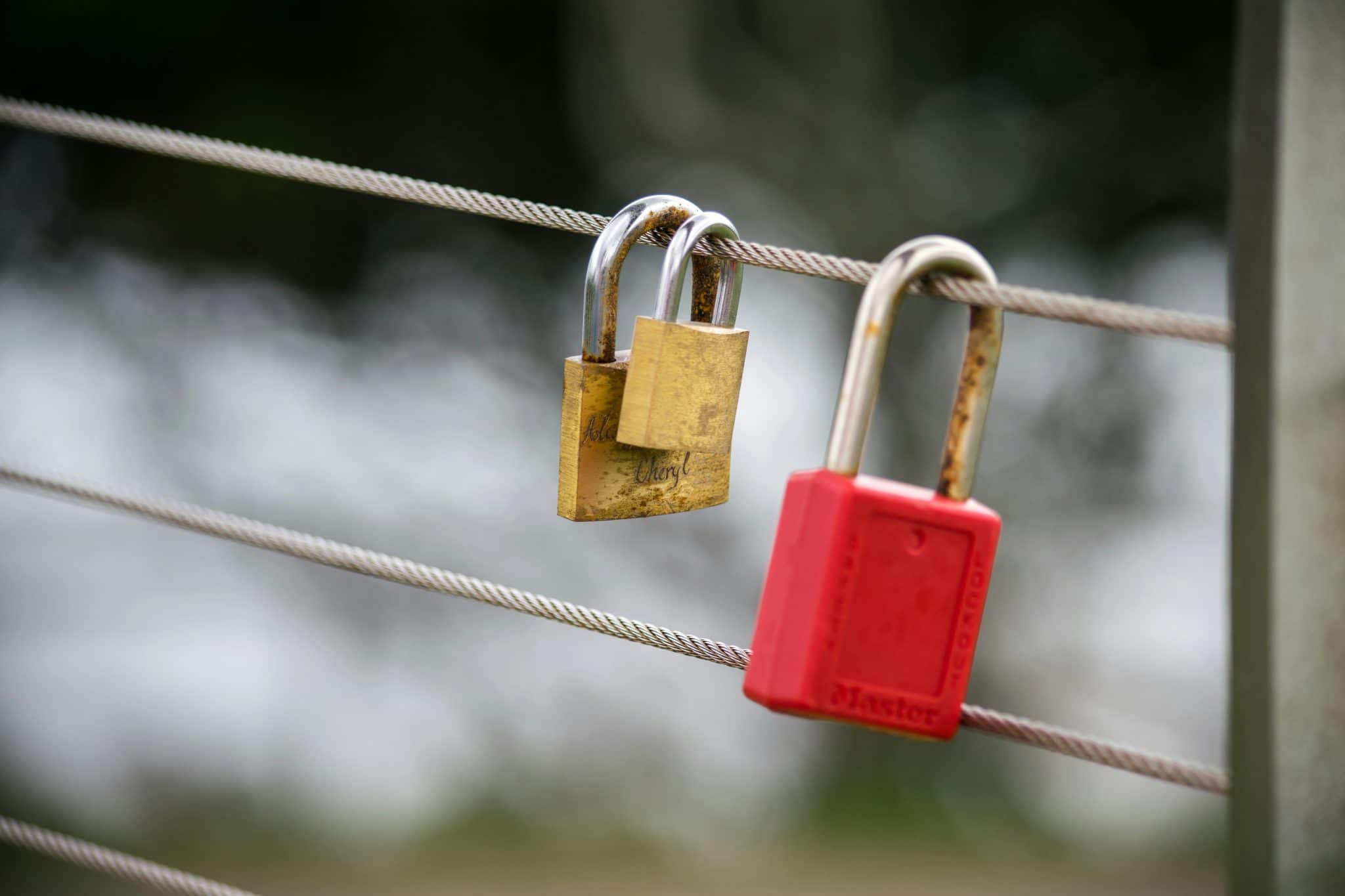Fraud Protection Keeping Your Money Safe Online
In today’s digital age, online fraud and scams have become increasingly prevalent. From phishing emails and fake websites to identity theft and credit card fraud, the threat of online fraud is real and ever-present. The ever-growing convenience of online shopping and banking has made it easier than ever for scammers to target unsuspecting individuals. This makes fraud protection a necessity for anyone who conducts financial transactions online. In this article, we will discuss how fraud protection can keep your money safe and provide some valuable tips for protecting yourself online.
What is Fraud Protection?
Fraud protection refers to the efforts and measures taken to prevent and detect fraudulent activities and transactions. It involves various techniques and technologies that help protect individuals and organizations from falling victim to online scams and fraud. Fraud protection can be applied to all types of online transactions, including online shopping, banking, and even social media interactions. It is essential for individuals and businesses alike to take proactive steps to protect themselves from online fraud.
The Importance of Fraud Protection
The consequences of falling victim to online fraud can be devastating. Not only can it result in financial losses, but it can also lead to identity theft and severe damage to your credit score. In addition, the time and effort required to resolve the issue can be overwhelming. It is, therefore, crucial to take necessary precautions and have robust fraud protection measures in place to prevent such incidents from occurring.
Protecting Your Accounts
The first line of defense against online fraud is protecting your accounts. This includes creating strong and unique passwords for each of your online accounts and changing them regularly. Avoid using easily guessable information such as your name or date of birth as passwords. Instead, use a combination of letters, numbers, and special characters to make it harder for scammers to crack your password.
You should also make use of additional security features provided by online platforms, such as two-factor authentication. This adds an extra layer of security by requiring you to enter a code or use a biometric authentication method, such as fingerprint or face recognition, to access your account.
Keeping an Eye on Your Statements
Regularly monitoring your statements is a crucial part of fraud protection. Make it a habit to check your bank and credit card statements for any suspicious transactions. If you notice any unauthorized charges, report them immediately to your financial institution and request a freeze on your account to prevent further fraudulent transactions.
Tips for Safe Online Transactions
Trust Your Instincts
One of the most common ways scammers deceive people is through phishing emails and fake websites. These fraudulent emails and websites are designed to look genuine and often contain urgent requests for personal and financial information. Remember, if something seems too good to be true, it probably is. Trust your instincts and avoid clicking on links or sharing personal information without verifying the source.
Do Your Research
Before making an online purchase or providing any financial information, make sure to do your research. Look for reviews and ratings of the website or seller, and check if the website has a secure connection (look for a padlock icon in the browser bar). If possible, use secure payment methods such as PayPal instead of providing your credit card information directly to the seller.
Beware of Public Wi-Fi
Public Wi-Fi networks are highly vulnerable to cyber attacks, making them a hotbed for online fraud. Avoid making online transactions or accessing sensitive information while connected to a public Wi-Fi network. If you must use public Wi-Fi, consider using a virtual private network (VPN) to secure your connection.
Conclusion
With the rise of online fraud and scams, it is essential for individuals to be vigilant and take necessary precautions to protect themselves. By using strong passwords, monitoring your statements, and being cautious when making online transactions, you can minimize the risk of falling victim to fraud. Remember, prevention is always better than cure when it comes to protecting your hard-earned money.










